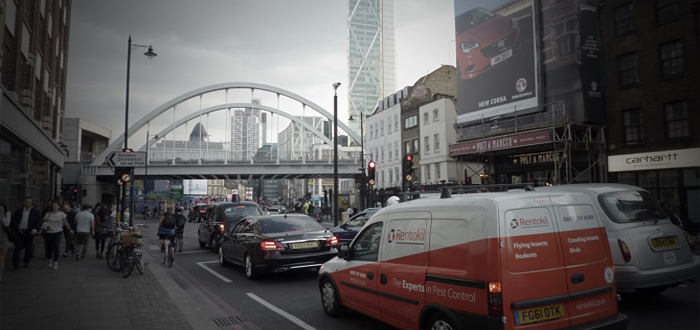-
Sparck Technologies awarded Royal designation - March 27, 2025
-
OpenADR Alliance announces first OpenADR 3.0 certified products with EVoke Systems, E.ON Energy and Universal Devices - March 25, 2025
-
Growing fulfilment and contract packer appoints new Managing Director - March 25, 2025
-
When is it time to invest in a WMS? Understanding the key trigger points - March 25, 2025
-
eCapital helps Vantage Recruitment on its journey to financial success - March 24, 2025
-
Hugo Beck Celebrates 70 Years of Packaging Innovation with Open House Events - March 20, 2025
-
PROLOG FULFILMENT SUPPORTS LUNA DAILY’S COMMITMENT TO BETTER BODY CARE FOR ALL WOMEN - March 19, 2025
-
Motion Ventures launches largest-ever maritime tech fund at $100M to meet the industry’s new pace of adoption - March 18, 2025
-
ITD GLOBAL APPOINTS GROUP CHIEF REVENUE OFFICER - March 17, 2025
-
SURECAM TEAMS UP WITH ENTERPRISE FLEX-E-RENT FOR VEHICLE REPAIR & MAINTENANCE CONFERENCE - March 14, 2025
Budget should include distance-based lorry charging to make road freight efficient, say campaigners
New UK Government figures show that road freight is inefficient with only 34 per cent of HGVs fully loaded by volume and 30 per cent travelling around completely empty.
Therefore, Campaign for Better Transport is calling for a distance based lorry charging system, in the Budget , capable of measuring the actual impact lorries have on our roads.
A distance-based lorry charging system, instead of the existing old fashioned time-based system, would force the road haulage industry to be more efficient and thus reduce lorry miles, something which has not happened so far without financial incentives.
Furthermore a distance based system could differentiate charging, based on vehicles’ pollution, to incentivise newer less polluting vehicles.
Recent research for Campaign for Better Transport showed that heavy goods vehicles (HGVs) are only paying around 30 per cent of their costs in terms of road congestion, road fatalities and pollution . These conclusions are in line with two separate pieces of research .
Philippa Edmunds, Freight on Rail Manager said:
“Currently, road haulage is very competitive but not efficient. Introducing distance-based lorry charging, which is common-place in most Western countries, will make road haulage more efficient and thereby reduce congestion, road fatalities, road damage and pollution as well as allowing sustainable modes to compete more fairly. For example, in Germany empty lorries have reduced from 29 per cent to 18 per cent.”
She added:
”The latest FTA report, Do HGVs pay their way, issued this week, fails to even mention any of the congestion, collisions and pollution impacts of lorries. And yet the latest Government figures show that HGVs are almost seven times more likely than cars to be involved in fatal collisions on minor roads. In terms of road infrastructure damage, the standard 44 tonne 16.5 metre HGV, the industry workforce, is 136,000 times more damaging than a Ford Focus.
































